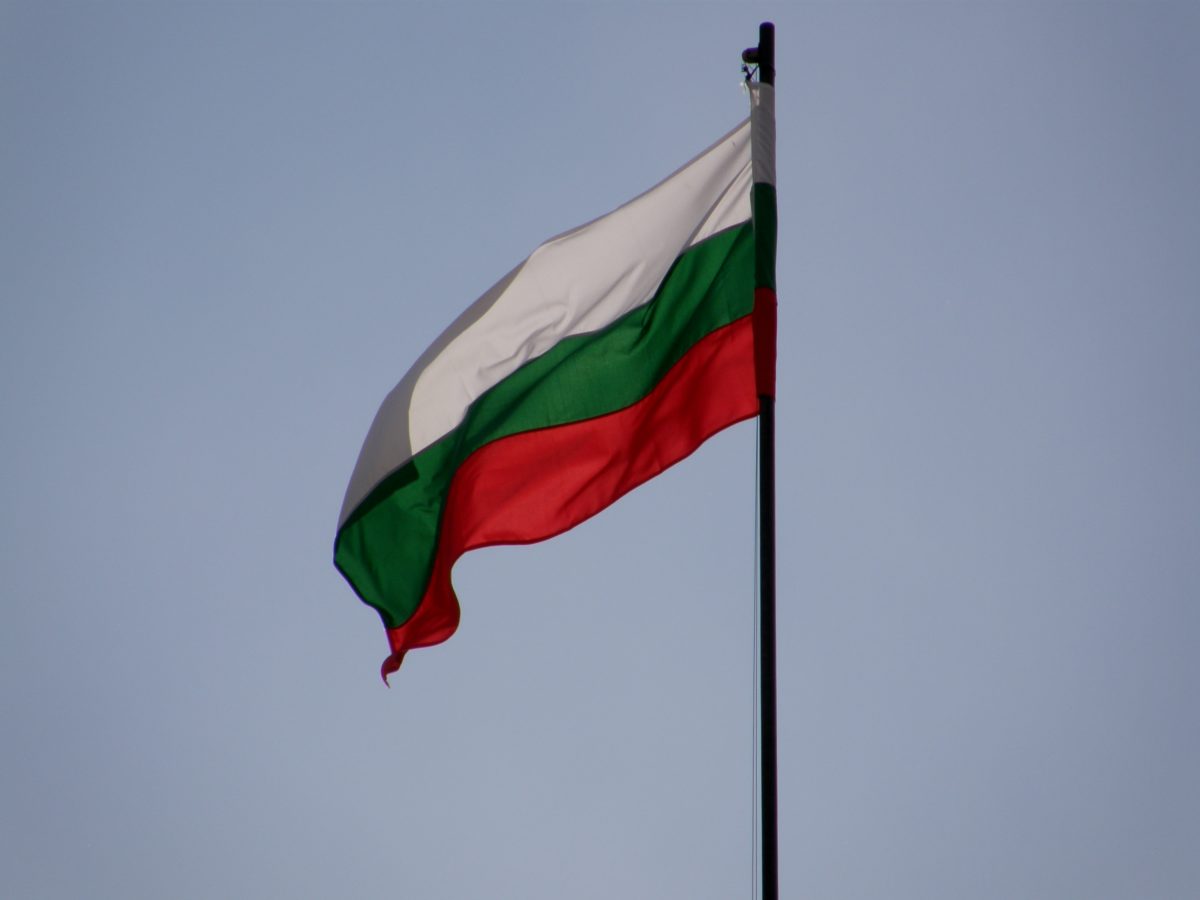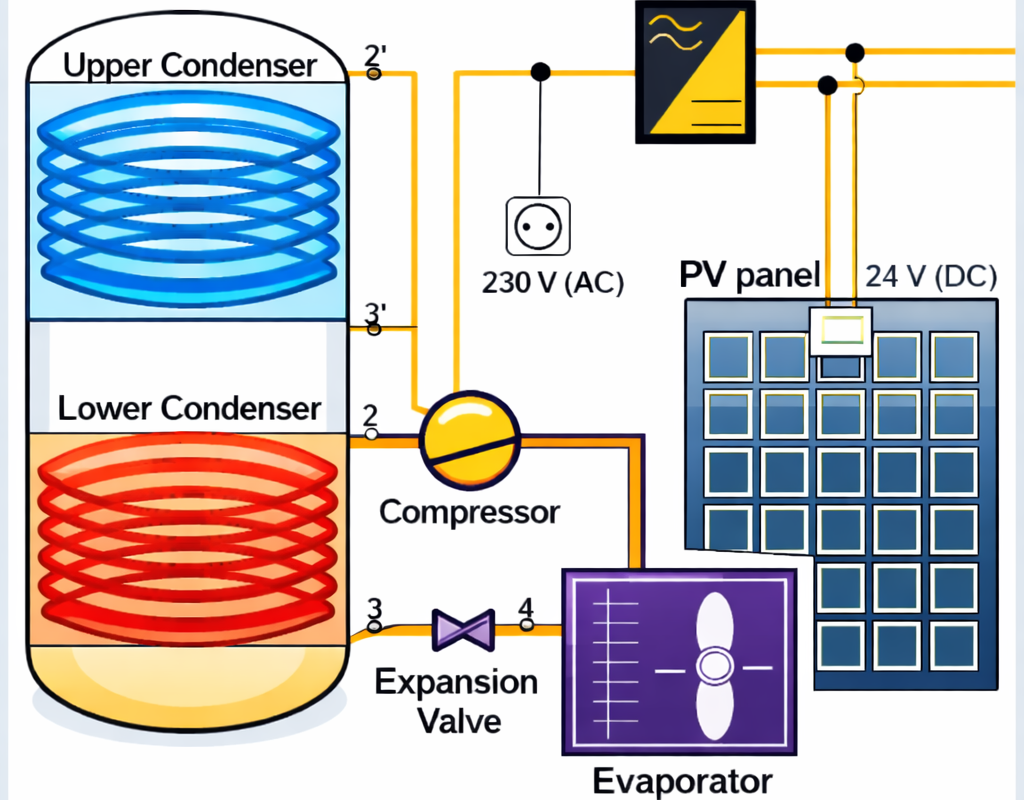The Bulgarian renewable energy market is still being hampered by an unfavorable regulatory framework and a hostile and restrictive state policy. According to information provided to pv magazine by the Bulgarian Solar Association (BSA), only a few hundreds of kilowatts of PV were deployed in the country over the past three years.
In 2016, only 154 kW of new PV systems were connected to the grid in Bulgaria. This compares to 174 kW in 2015 and 150 kW in 2014. The country’s cumulative PV capacity had reached around 1.2 GW as of the end of December 2012. Most of this installed power is represented by large-scale PV plants which came online in 2012, when a FIT scheme for both MW-sized and small PV systems was in place.
Although a FIT scheme for PV projects up to 30 kW on roofs and facades in urban areas is theoretically still in place, the value of the FIT, according to the BSA, is very close to the value of the energy for final buyers and it does not stimulate the installation of new PV capacities at all. On the top of this, the association stressed, the free market of electricity in Bulgaria is not well developed and new installations cannot benefit from the chance to participate in the free market and to avoid the restrictions of the regulated market on which they are currently operating.
The BSA believes that only around 200 kW of new PV systems will be connected to the grid in 2017, unless drastic changes are made in the Bulgarian regulatory framework.
Furthermore, the BSA said that net metering for residential and commercial PV and auctions for large-scale renewable energy projects are two options that the Bulgarian government is not considering, as it is planning to build a second nuclear power station and is looking for alternatives to save the country’s heat plants, which have some of the worst environmental protection indicators in Europe.
“On the other hand,” the president of the association Malinka Nikolova said, “people in power regularly discuss the termination of the large solar power installations contracts and cutting their preferential purchase price – they have been trying to do that for years. To date, common sense has prevailed, but the topic is regularly raised in the public space.”
Indeed, several retroactive measures were implemented against solar in Bulgaria over the past few years, and, according to Nikolova, their negative impact on all of the producers have resulted in insolvency and bankruptcy for a number of them as they have not managed to pay their loans.
Although a solar tax that could reach up to 39% was cancelled by the country’s constitutional court in 2014, in most cases the money was not recovered to the producers and they directly incurred the losses. Furthermore, a fee for balancing and a fee for access to the electricity grid, as well as a 5% security fee for the power system, were also introduced over the past couple of years. Besides the working hours of the power installations were limited. “All of this has been going on until now without any indications that it will stop as a practice,” Nikolova stressed.
In several eastern European countries with a limited or curtailed development of renewable energies and solar, support for small-sized PV has often been provided by incentive programs for energy efficiency and sustainable buildings. This, Nikolova went on to say, has not happened in Bulgaria. “In our regulatory base,” Nikolova explained, “exists a text stating that a building, which manages to reduce its energy consumption, does not pay property tax up to 10 years. However, we have not heard of anyone who has managed to benefit from this and the reasons are as follows: generally PV power systems are not implemented during reconstruction and the measure comprises of such a complicated procedure that even the ones who tried, did not manage it.”
If Bulgaria will also be able to adopt the recommendations that will come with the EU Winter Package still remains unclear. “Bulgaria is definitely not prepared for the Package and there is even no strategy for that,” concluded Nikolova.
This content is protected by copyright and may not be reused. If you want to cooperate with us and would like to reuse some of our content, please contact: editors@pv-magazine.com.




What is the cost of Solar power in Bulgaria for a small home. My brother lives there.